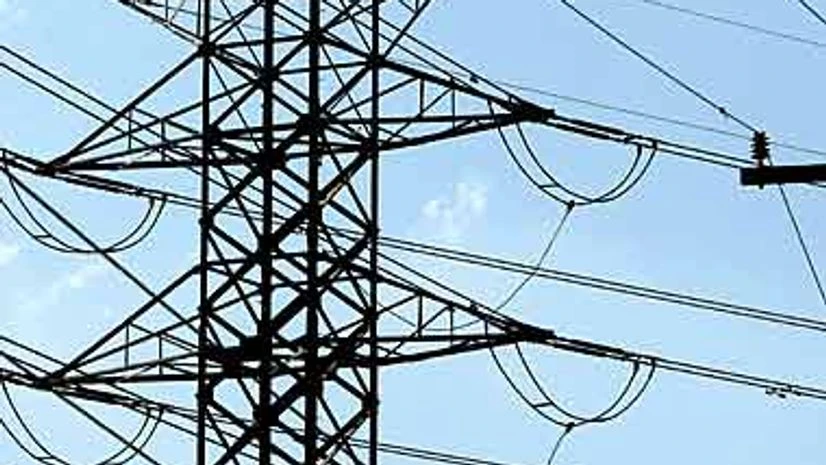Power minister Piyush Goyal has done a credible job in reforming the power sector. From ensuring availability of coal to power plants, to making state governments sign the Ujwal Discoms Assurance Yojana (UDAY) scheme, and providing electricity to remote villages, the minister has tried his best to revive the power sector. But the more he tries to change, the more things remain the same.
One of the main reasons the power sector is in a mess is the socialist measures announced by various political parties. Electricity was used as a tool for garnering votes. Promises of free or cheap power have featured in the election promises of almost all political parties. As a result, households were promised cheap power and the agriculture sector, the sacred cow of all political parties was promised free power.
The outcome was obvious. After a few years of freebies, finances of the state distribution companies (discoms) started to deteriorate. In order to balance their freeloaders, these discoms punished their biggest customers -– industries by charging them extra. Many industries either migrated to other states or became uncompetitive and had to shutdown.
Also Read
The same scenario is likely to be repeated. A Business Standard report points out that power tariffs paid by industry have increased across states, owing to levy of high cross-subsidy charges to subsidise lower-paying consumers. There has been 30-600 per cent increase in cross-subsidy surcharges (CSS) in the past year in various states.
Bihar, one of the least industrialised states has increased the rate by 500 per cent while Uttar Pradesh raised it by 174 per cent, Himachal Pradesh by 193 per cent and Gujarat by 146 per cent.
Since most of the states have agreed to the UDAY terms that require them to increase power tariffs in order to repay loans, most have concentrated on increasing the average tariff by penalising their bulk consumer (industry) rather than households. Gujarat is the only state that has allowed retail tariffs to be increased.
Discoms are permitted by law to subsidise a section of consumers and charge extra to those who can pay, but there is a cap of 20 per cent of tariff on CSS, in order to bring some sanity in the subsidisation.
Political parties have to cater to their vote bank, but penalising industry will have a spill over effect which can again bring the economy to a halt. Thankfully government has left two windows open for the industrial players who have options of either having a captive power plant or source power through the open access route -– purchased directly from the producer.
However, both these opportunities will further impact the financials of discoms further. Discoms will no longer gain by increasing tariffs of industrial consumer and in fact, might lose them. A slowdown in economy has already resulted in lower purchase of power by industry.
In order to stay healthy discoms are avoiding taking high cost renewable power. In attempting to save the retail consumers, discoms are penalising not only the industry but also the renewable sector. Government’s grandiose plan targeting 175 GW from renewable power which is nearly 60 per cent of the current installed power generation capacity will be in jeopardy if discoms refuse to buy power.
It’s too early to say, but without any takers for generated renewable power, institution funding for these assets might face the same scenario as the thermal power plants have faced in the recent past. Unless growth picks up resulting in higher demand for electricity, we will be staring at a Power Crisis 2.0 only this time the toxic assets will be renewables.

)
